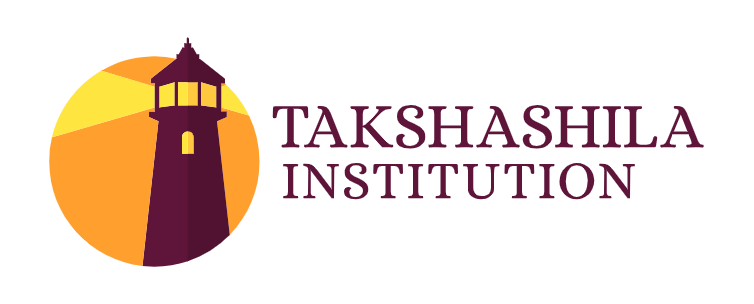Election Manifestoes in Tamil Nadu: Great leap ahead but not enough money
By Praveen Kumar
The state needs to expand its revenue sources to fund ambitious monthly basic income to the households
Historically, social welfare schemes are high on the Tamil Nadu governments’ agenda. From pioneering mid-day meals in the 1960s to free colour TVs, laptops, and farm loan waivers, welfare schemes are cited as social justice. However, the 2021 assembly election set to take social welfare schemes to new heights. Stakes could not be higher for both the parties in Tamil Nadu. Leaving no stone unturned, both parties’ election manifestoes are filled with massive populist schemes. Will the competitive populism to woo the voters jeopardize the state finances?
The manifestoes of both the parties include a wide range of populist schemes- ₹1000-₹1500 monthly income to woman household heads, one-time payment of ₹ 4000 as a Covid relief, increase in monthly payment for elderly and differently-abled persons, free washing machines, solar-powered cooker, LPG cylinders per year, reduced fuel and milk prices. These manifestoes have a significant focus on perpetual expenditure rather than one time freebies.
Deteriorating financial indicators
Social welfare and populist schemes come with a high cost to the state government’s finances. The 15th Finance Commission report tabled in the parliament noted that Tamil Nadu’s fiscal conditions have drastically deteriorated. After running a revenue surplus of ₹1,760 crores in 2012-13, it ran into a revenue deficit of ₹65,994 crores in 2020-21 revised estimates (RE). A revenue deficit is when the government is not earning enough to meet its regular operational expenses. During this period, the state’s overall debt increased by 229% to ₹4,85,503 crores, and the interest payment for servicing its debts has increased by 238% to ₹37,090 crores in 2020-2021RE.
The expectation for the next fiscal year does not look great either. As per the revised budget estimates, for 2021-22, the government estimated a revenue deficit of ₹41,417 crores and the fiscal deficit at ₹84,202 crores which is 3.94% of Gross State Domestic Product (GSDP). The 15th Finance Commission recommends the fiscal deficit below 4% of GSDP for 2021-22, leaving less margin for error.
Tough balancing task ahead
The election manifestoes point to a huge spending from the government. A flagship scheme from both the parties has promised to pay monthly income for women heads of households, modelled on universal basic income. This scheme is a great leap towards monetizing and recognition of women’s household work. According to the 2019 National Statistical Office (NSO) survey, 81.2 per cent of females aged six years or above engaged in unpaid domestic services for household members. Only 18.4% women are engaged in employment and related activities. The recent Supreme Court order states that “The issue of fixing notional income for a homemaker, therefore, serves extremely important function. It signals to society at large that the law and Courts of the land believe in the value of the labour, services and sacrifices of homemakers.”
The monthly income to households scheme would cost between ₹24176- ₹36265 crores every year to the government. This scheme alone would result in an expenditure of over at least 10% of 2021-22 expected revenue receipts. Accompanied with other schemes, it would expand the revenue deficit between ₹36285- ₹65196 crores in a year.
The number of poor in India is estimated to be increased by 75 million because of the pandemic. The welfare schemes are needed to support the people as the world is reeling under the economic costs of the pandemic. However, these welfare schemes need to be supported by a solid financial position. Tamil Nadu needs to strengthen its state’s own tax revenues (SOTR) and reduce non-developmental expenses and improve the business environment to attract investments.
The state cannot be running in a perpetual fiscal deficit and increasing debt every year. State governments do not have the luxury to print money either. To fund an ambitious monthly households income project, it needs to be a financially strong position. Else, the state would be under a precarious financial condition in future.
The author is currently pursuing PGP in Public Policy from the Takshashila Institution. Views are personal and do not represent Takshashila Institution’s policy recommendations. The author can be reached at praveenkrish22@gmail.com

